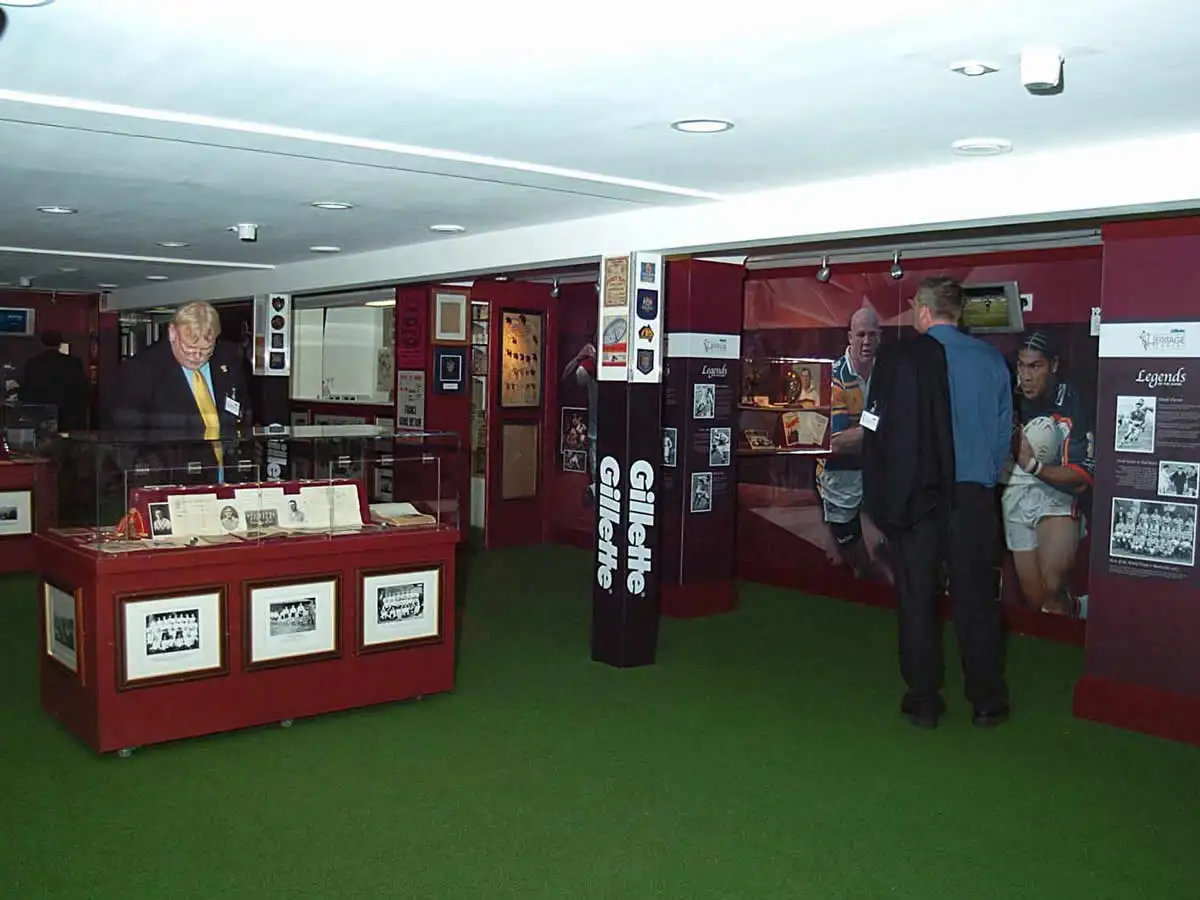Heritage important as rugby league approaches 125th anniversary

The year 2020 will mark the 125th anniversary since 22 clubs broke away from the RFU to form the Northern Union, later to become rugby league.
Within 15 years of that famous meeting at the George Hotel in Huddersfield, more than 200 clubs had joined the revolution, which happened due to the refusal of the RFU to allow payments to players, and indeed to charge entry to grounds.
Rugby league doesn’t make enough of its heritage, and should be proud of its roots and the thousands of stories to be told.
One of those is the incredible story of when the Rugby League World Cup trophy went missing from Bradford in 1970, only to turn up in 1990, which organisers of the 2021 World Cup have brought to the fore again thanks to their nod to heritage by restoring the old cockerel to the trophy.
Professor Tony Collins is the leading historian on the sport and was part of the presentation that re-launched the trophy at an event in Leeds last week.
Ahead of the 2021 World Cup, the launch of the National Rugby League Museum and the 125th anniversary will no doubt provide more opportunity to remember and re-tell some of those incredible stories from over the years.
He said: “I think there’s always a lot of scope to lean on the sport’s heritage, and we actually do quite a bit, like the Hall of Fame dinner recently, which will hopefully set our stall out for what we’re going to do in the future.
“The World Cup is a fantastic opportunity. It’ll be the year after the 125th anniversary and if things go according to plan, we will be on the verge of opening the National Rugby League Museum in Bradford.
“There are a lot of things that are going on that fit in perfectly with the staging of the World Cup tournament.
“There’s also lots of other things we can do. For example, if you look around the clubs there are a number that have won grants from the heritage lottery fund to explore their heritage and put on displays and that’s certainly something that Rugby League Cares is encouraging more clubs to take an active part in preserving their heritage.
“What’s just as important is using that heritage as something to build on, which I think the World Cup is setting a good example for.
“I think the most important thing is we can use our heritage to become part of the national conversation about sporting heritage and sporting history through things like the National Rugby League Museum.
“We had the pieces on the Northern Union players killed in the First World War, that feeds into the national conversation about the memorial and the 100th anniversary of the end of the First World War.
“We do need to do more in terms of the national media and I think the way we do that is by being creative and clever about what we say, because of unfortunately how many parts of the media view rugby league, we have to approach them from the side rather than head on.
“Through national events and national discussions about heritage and national identity, that’s where we could use rugby league and its tradition, particularly within the discussion of the Northern Powerhouse and post-Brexit Britain, I think we’ve got a lot to say about the heritage of the north as a whole, not just the sport.”